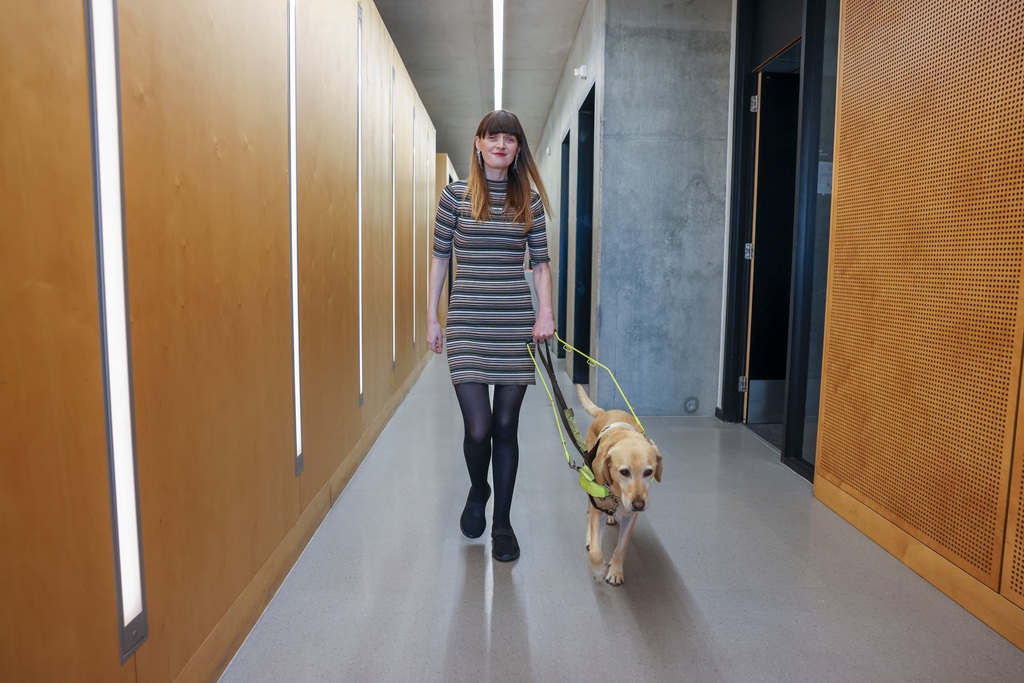What is Mindfulness?

Mindfulness is generally described as ‘paying attention in a particular way, in the present moment and non-judgementally’.
It’s very easy to stop noticing what is going on around us, to do everything on ‘autopilot’. It’s also very easy to lose touch with the way our bodies are feeling and to end up living more ‘in our heads’ – caught up in our thoughts and no longer noticing how those thoughts are driving our emotions and behaviour. This has probably never been more true for us during these uncertain times that we find ourselves in. It may even be that some of us are currently noticing too much and possibly feeling more worried and/or isolated than before.
Mindfulness can help us to tune in to how we are feeling and to reconnect with the sights, sounds, smells and tastes of the present moment. It can also help to lower blood pressure, relieve stress, treat chronic pain and improve sleep (amongst other things).
Mindfulness can be sorted in to 2 categories; formal and informal. Formal mindfulness usually takes the shape of meditation practise, where time is specifically set aside to meditate, perhaps with guided scripts. Informal mindfulness can be done at any time of the day or night and can be as straight forward as walking the dog or drinking a cup of tea.
Some simple mindfulness exercises that we can do at home are:
Mindful hand washing: Bring your awareness to the water temperature, how the soap feels and smells, the sensation of one hand washing the other. Take this one step further with mindful hand drying; how does the towel/dryer feel, sound, smell?
Mindful eating: Bring the taste back to your food by bringing awareness to how it smells and tastes and the textures it has inside your mouth. When we eat more mindfully we are more appreciative of what we eat.
Mindfulness of breath: Bring awareness to your breathing. Say to yourself breath in and breath out. If your mind wanders just bring it back to the breath in and the breath out…
The more we practise mindfulness the more it becomes a way of life and the more beneficial it can be to our wellbeing.
Let’s keep in touch!
Join our mailing list and we will keep you up to date about our projects and opportunities to get involved with Deafblind UK.
More Articles

Firewalker shares why he is crossing the coals for Deafblind UK
“Helping others doesn’t always require something extraordinary, sometimes just a little bravery, confidence and courage to step forward and do…

How to prepare for a job interview when you have dual sensory loss
Preparing for an interview can feel daunting. There are nerves, anxiety, deciding what to wear, remembering what to say, and…

Bridging the employment gap for people with deafblindness
Together, we can help close the employment gap and ensure that people with dual sensory loss have every opportunity to...
